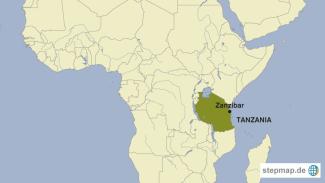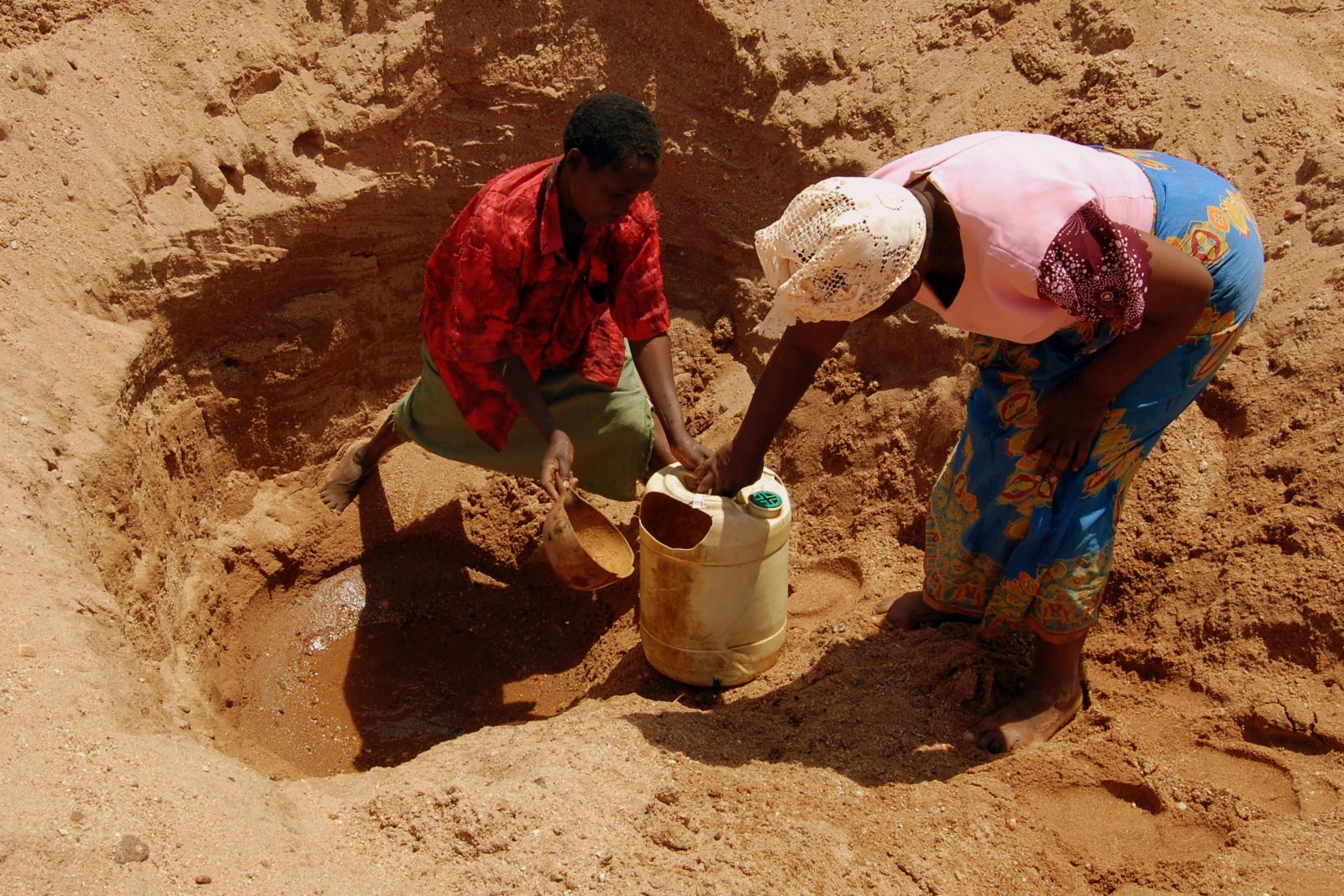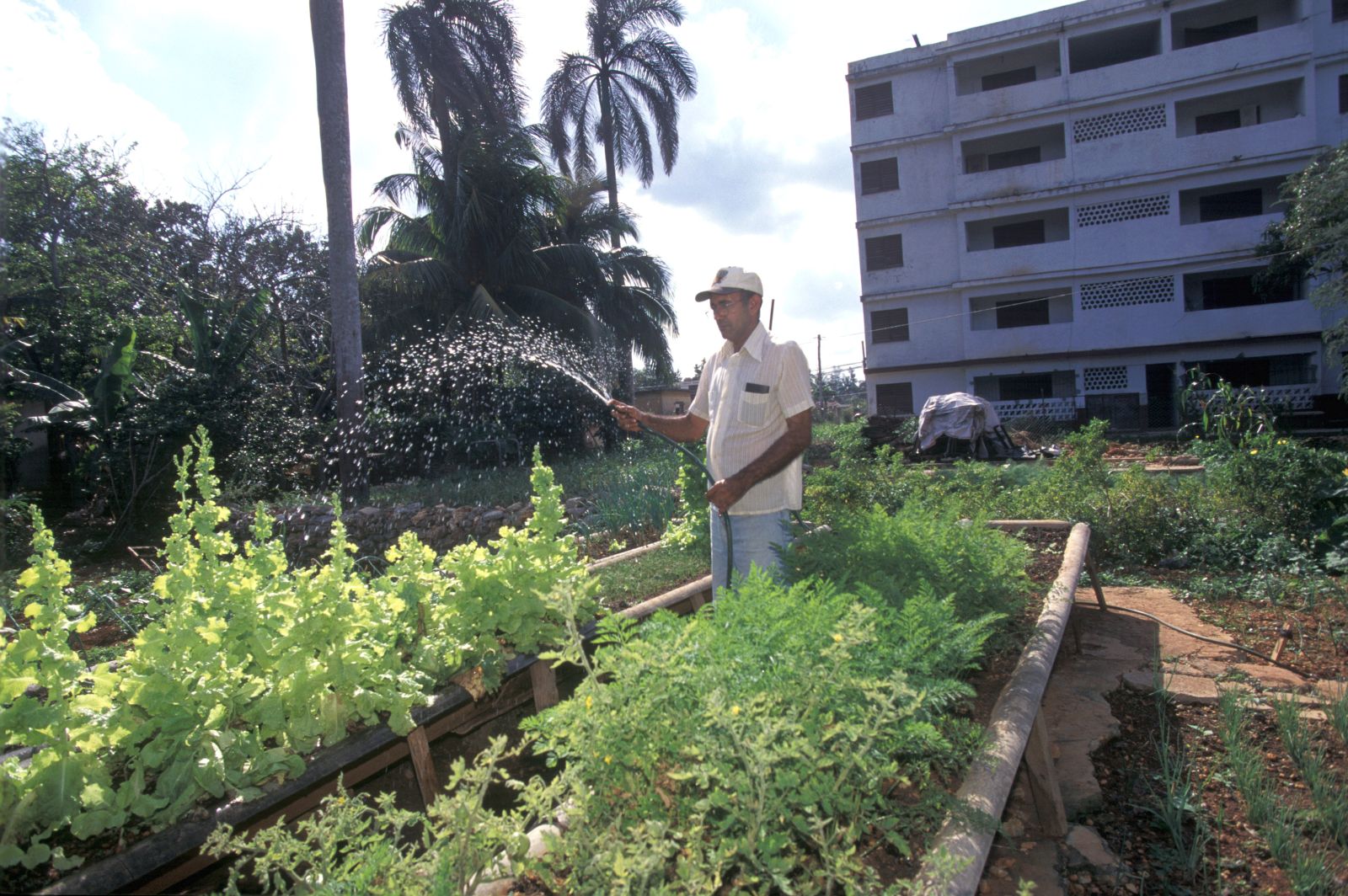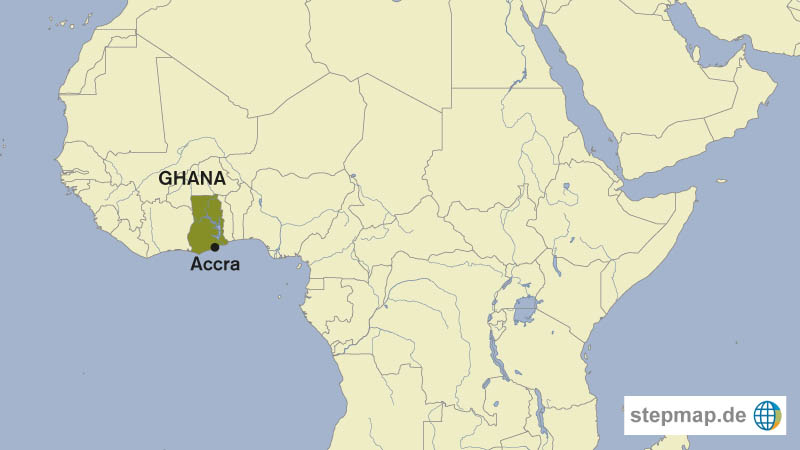Food production
Branded spices

In the 16th century, Portuguese traders controlled the spice trade from their base in Zanzibar. Later, Omani Arabs used the islands to produce spices like nutmeg, cloves, cinnamon and black pepper. The new branding exercise was inaugurated at Saateni, on the outskirts of Zanzibar town. This is where the Zanzibar State Trading Corporation (ZSTC) packs and brands spices.
The corporation recently signed an memorandum of understanding (MoU) with GANEFRYD, a Danish company, which wants to import organic cloves and other selected spices to Europe. Organic farmers and the Gando Farmers Association (GAFA) of Pemba have also signed the MoU. A pilot project has been designed and is expected to deliver good results within three years.
Amina Salim Ali, Zanzibar’s minister of trade, industries and marketing, appreciates that the organic cloves project includes all relevant steps from the farm to storage, sorting and packaging. She emphasises that each step adds value. The process will be carefully supervised and certified. The member of the islands’ sub-national government encourages farmers to “get into organic farming because it pays” and notes that one kilogramme of conventional cloves cost the equivalent of $ 5.60, while organic cloves fetch $ 6.80. Today, cloves are the islands’ main cash crop. Other sources of income are tourism and services.
Said Seif Mzee is the managing director of ZSTC. He reports that the branding process was technically and financially supported by International Trade Centre (ITC) and the World Intellectual Property Organization (WIPO). Ismail Mgeni, the chairman of GAFA speaks of a commitment “to ensure the growing of organic spices is sustainable” in Pemba island. He points out that the number of farmers involved is growing.
Palle Christensen of GANEFRYD reports that some 100 farmers in Pemba have been certified as organic cloves farmers. In his eyes, the new initiative offers an opportunity for local farmers to provide goods to new markets”. According to him, current demand is “at least 10,000 tonnes of organic cloves annually in Europe alone”.
Ali Shaaban Juma is a journalist and lives in Zanzibar, Tanzania.
rafikifumba1@hotmail.com
Link
Tanzania Organic Agriculture Movement (TOAM):
http://www.kilimohai.org/










